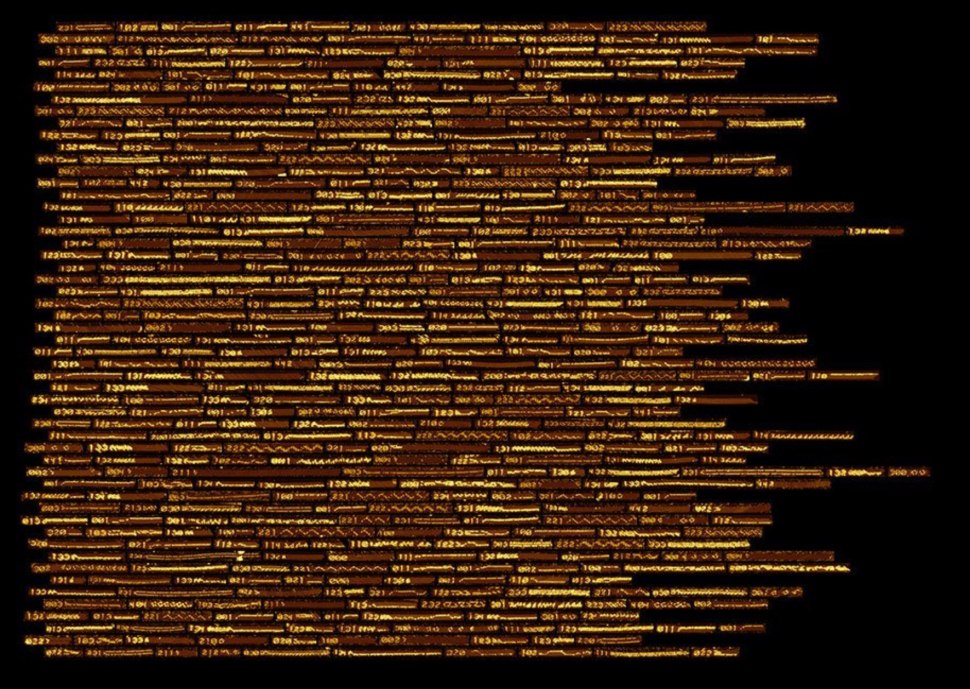For more than two decades, researchers have explored using DNA as a chemical computer. Until now though, DNA computers have only been capable of solving whatever mathematical problem they were built to tackle. Now though, researchers have demonstrated a more general-purpose DNA computer that can run a variety of chemical "programs." From Caltech:
"Think of them as nano apps," says Damien Woods, professor of computer science at Maynooth University near Dublin, Ireland, and one of two lead authors of the study. "The ability to run any type of software program without having to change the hardware is what allowed computers to become so useful. We are implementing that idea in molecules, essentially embedding an algorithm within chemistry to control chemical processes."
The system works by self-assembly: small, specially designed DNA strands stick together to build a logic circuit while simultaneously executing the circuit algorithm. Starting with the original six bits that represent the input, the system adds row after row of molecules—progressively running the algorithm. Modern digital electronic computers use electricity flowing through circuits to manipulate information; here, the rows of DNA strands sticking together perform the computation. The end result is a test tube filled with billions of completed algorithms, each one resembling a knitted scarf of DNA, representing a readout of the computation. The pattern on each "scarf" gives you the solution to the algorithm that you were running. The system can be reprogrammed to run a different algorithm by simply selecting a different subset of strands from the roughly 700 that constitute the system.
From IEEE Spectrum:
The new system, which is made of just DNA and salt water, is unlikely to find a technological application itself. But it is a step toward developing self-assembling programmable matter, where chemical software automatically directs the construction of materials with complex, programmable nanometer-scale features. Its creators were "trying to understand how to embed computational behaviors within chemistry in order control what chemistry does," explains Erik Winfree, the professor of computer science and bioengineering who led the research, which was mostly conducted at Caltech.
More: "Diverse and robust molecular algorithms using reprogrammable DNA self-assembly" (Nature)
Completed DNA algorithms:







